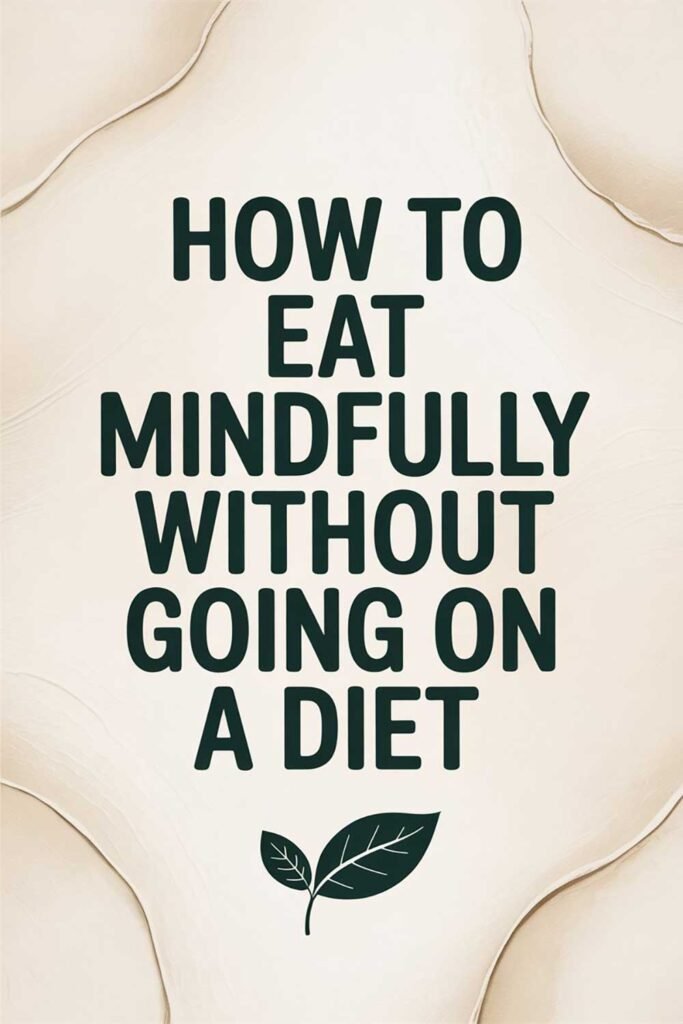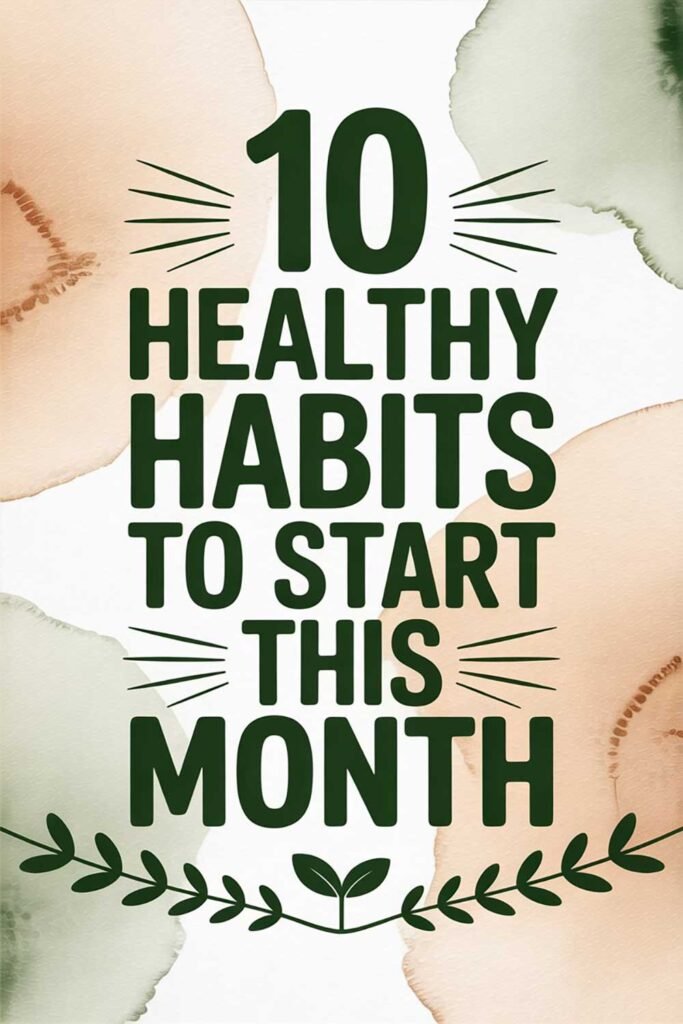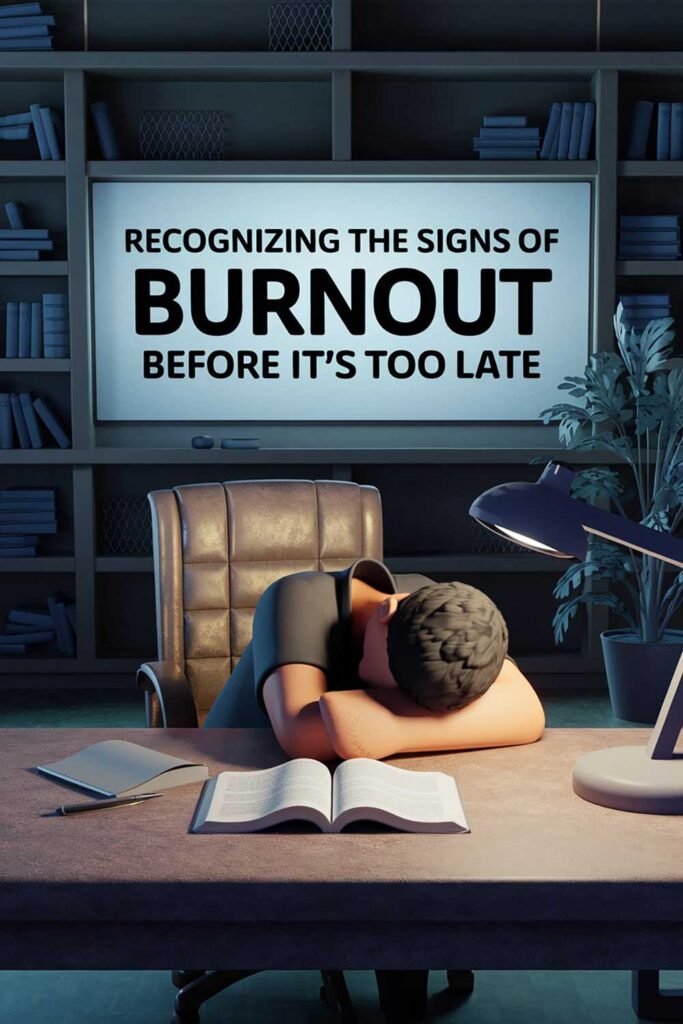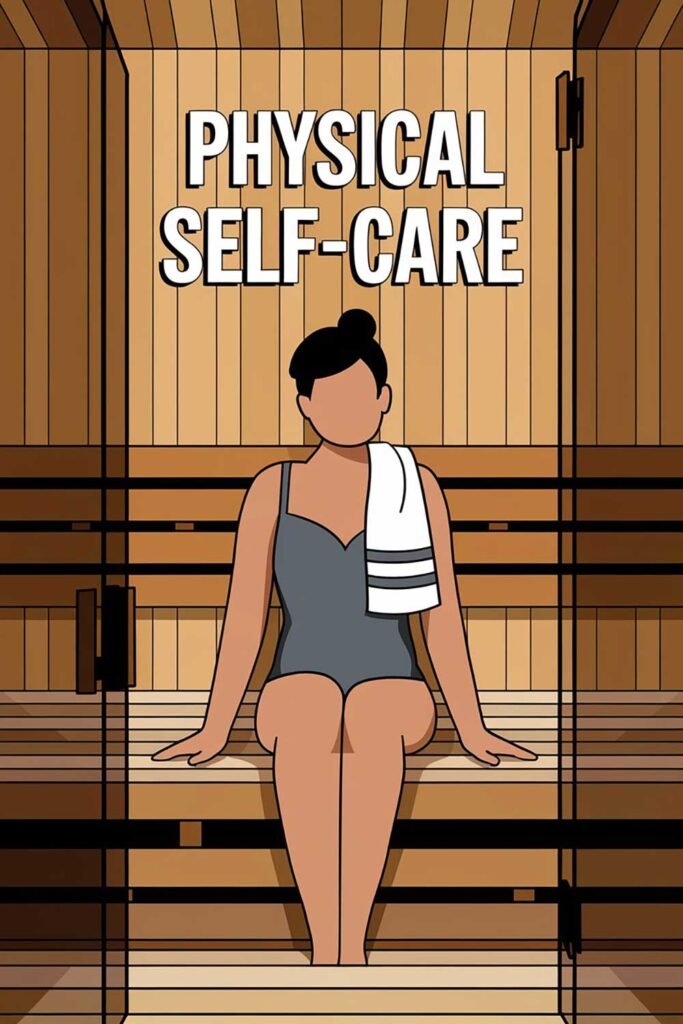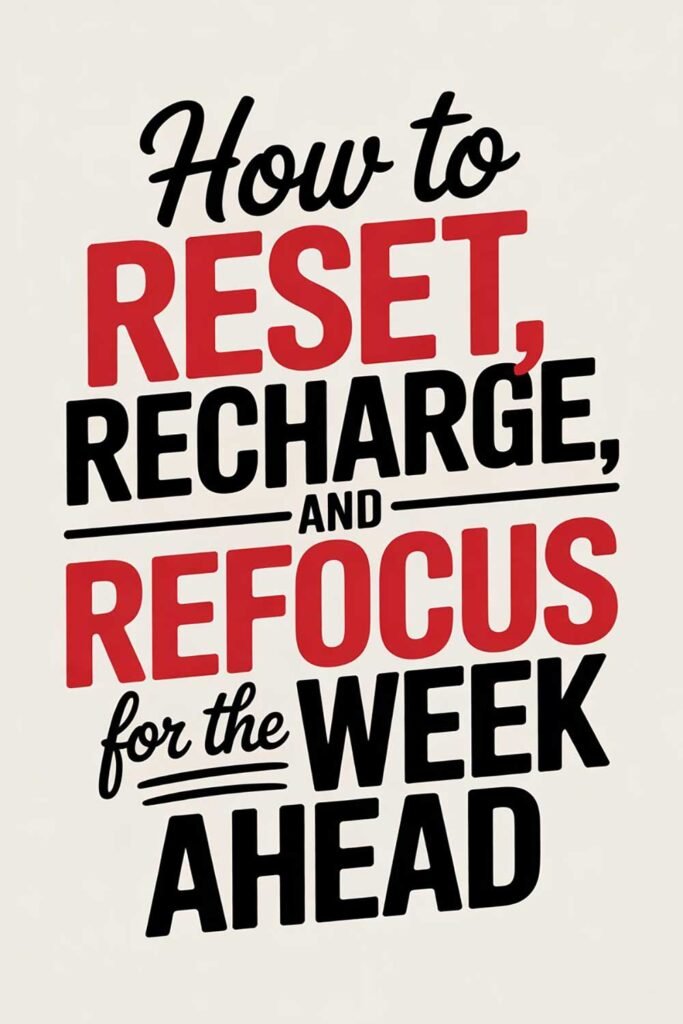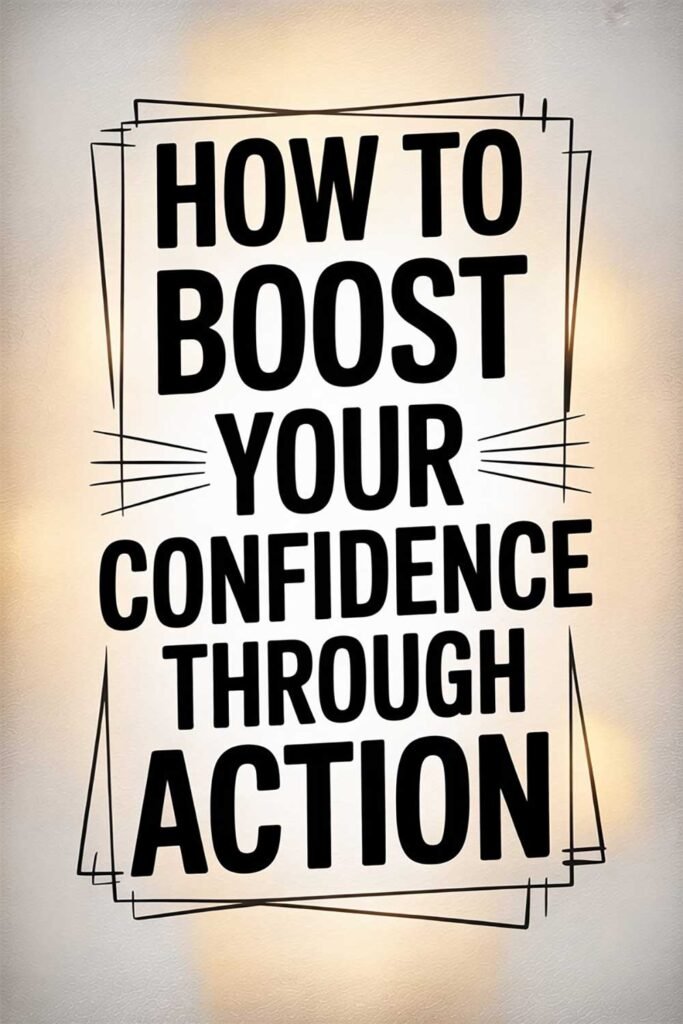The Power of Good Habits in Overcoming Procrastination
Procrastination is one of the most common obstacles that stands between people and their goals. It can sneak in quietly — a delayed task here, a postponed project there — and before you know it, you’re overwhelmed, behind, and frustrated with yourself.
But here’s the truth: procrastination isn’t about laziness. It’s often about fear, perfectionism, or lack of clarity. And the most powerful tool to defeat it? Good habits.
The right habits don’t just help you avoid procrastination — they retrain your brain to take consistent action, even when you don’t feel like it. In this article, we’ll explore how to use habits to overcome procrastination for good, complete with real-life stories, practical tips, and quotes to inspire lasting change.
Why We Procrastinate
Before building better habits, it helps to understand why we procrastinate in the first place:
- Fear of failure or imperfection
- Overwhelm or unclear goals
- Lack of motivation or structure
- Short-term distractions (like social media or TV)
When we don’t have systems in place, our default becomes delay. Habits offer an automatic, low-resistance path to action.
How Good Habits Beat Procrastination
- They reduce decision fatigue
- They create structure and momentum
- They help break large tasks into smaller actions
- They train your brain to act despite emotion
Example: Monica used to put off writing blog posts. She built a habit of writing for just 10 minutes each morning. That simple routine turned into thousands of words written each week.
10 Powerful Habits That Help Overcome Procrastination
1. Start With a 2-Minute Rule
Why It Works: Starting is the hardest part. The 2-minute rule says: if it takes less than 2 minutes, do it now.
Example: Jake began replying to emails immediately if they were quick. It cleared his inbox and created momentum.
2. Break Tasks Into Micro-Steps
Why It Works: Big tasks are intimidating. Small steps feel doable.
Example: Maya broke her book-writing process into 100-word increments. The bite-sized goals kept her moving.
3. Use Time Blocking
Why It Works: Blocking time on your calendar eliminates guesswork and decision fatigue.
Example: Steve scheduled writing time from 9–9:30 a.m. daily. This made it a habit, not a debate.
4. Create a Visual Habit Tracker
Why It Works: Seeing your progress keeps you motivated.
Example: Rachel tracked daily study sessions with stickers on her calendar. Seeing her streak helped her keep going.
5. Practice the Pomodoro Technique
Why It Works: Focused sprints followed by short breaks build productivity.
Example: Darren worked in 25-minute intervals. He felt less burnout and more focused.
6. Set Daily Intentions Each Morning
Why It Works: Clarity helps eliminate procrastination.
Example: Anna wrote her top 3 tasks every morning. This gave her direction all day.
7. Use an Accountability Partner
Why It Works: You’re less likely to put things off when someone else is counting on you.
Example: Chris texted his friend every evening with his completed to-dos. This tiny habit kept him on track.
8. Schedule “Procrastination Time”
Why It Works: Allowing time for distractions gives you control over them.
Example: Bella gave herself 20 minutes of guilt-free YouTube time after finishing her tasks. It felt like a reward, not a problem.
9. Design a Distraction-Free Environment
Why It Works: Your surroundings affect your actions.
Example: Tom removed his phone from the room while working. His focus improved dramatically.
10. Reflect and Adjust Weekly
Why It Works: Reviewing your progress builds self-awareness.
Example: Tasha reviewed her weekly goals every Sunday. She tweaked her habits and eliminated what wasn’t working.
20 Quotes About Overcoming Procrastination with Habits
- “You don’t have to see the whole staircase, just take the first step.” – Martin Luther King Jr.
- “Procrastination is the thief of time.” – Edward Young
- “The secret of getting ahead is getting started.” – Mark Twain
- “Habits are safer than rules; you don’t have to watch them. And you don’t have to keep them either. They keep you.” – Frank Crane
- “The best way to get something done is to begin.” – Unknown
- “Action is the antidote to fear.” – Unknown
- “Discipline is doing what you know needs to be done, even if you don’t want to do it.” – Unknown
- “Success is the sum of small efforts, repeated day in and day out.” – Robert Collier
- “A year from now, you may wish you had started today.” – Karen Lamb
- “Don’t let what you cannot do interfere with what you can do.” – John Wooden
- “Good habits are worth being fanatical about.” – John Irving
- “The greatest amount of wasted time is the time not getting started.” – Dawson Trotman
- “Progress, not perfection.” – Unknown
- “You can’t build a reputation on what you are going to do.” – Henry Ford
- “Productivity is never an accident. It is always the result of a commitment to excellence.” – Paul J. Meyer
- “Never put off till tomorrow what you can do today.” – Thomas Jefferson
- “Start where you are. Use what you have. Do what you can.” – Arthur Ashe
- “Small daily improvements are the key to staggering long-term results.” – Robin Sharma
- “Being overwhelmed is often the result of poor planning and unclear priorities.” – Unknown
- “A task begun is a task half done.” – Irish Proverb
🌟 Picture This
Imagine waking up, writing down your top 3 goals, and tackling the first one before distractions even begin. You check it off. Then another. You move through your day with intention and confidence. There’s no guilt, no last-minute scrambling. Just focused progress, one step at a time. You end your day feeling accomplished, not anxious.
What would your life look like if you replaced procrastination with powerful habits that kept you moving forward every day?
🙏 Please Share This Article
If this article helped you feel ready to break free from procrastination, please share it with a friend, co-worker, or student who might need the same push.
⚠️ Disclaimer
This article is based on personal experience and general productivity principles. It is for informational purposes only and does not constitute psychological or professional advice. Please seek a licensed expert for specific mental health or time management concerns.

